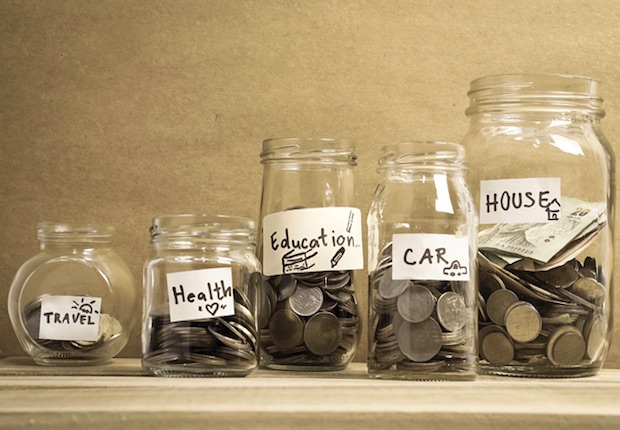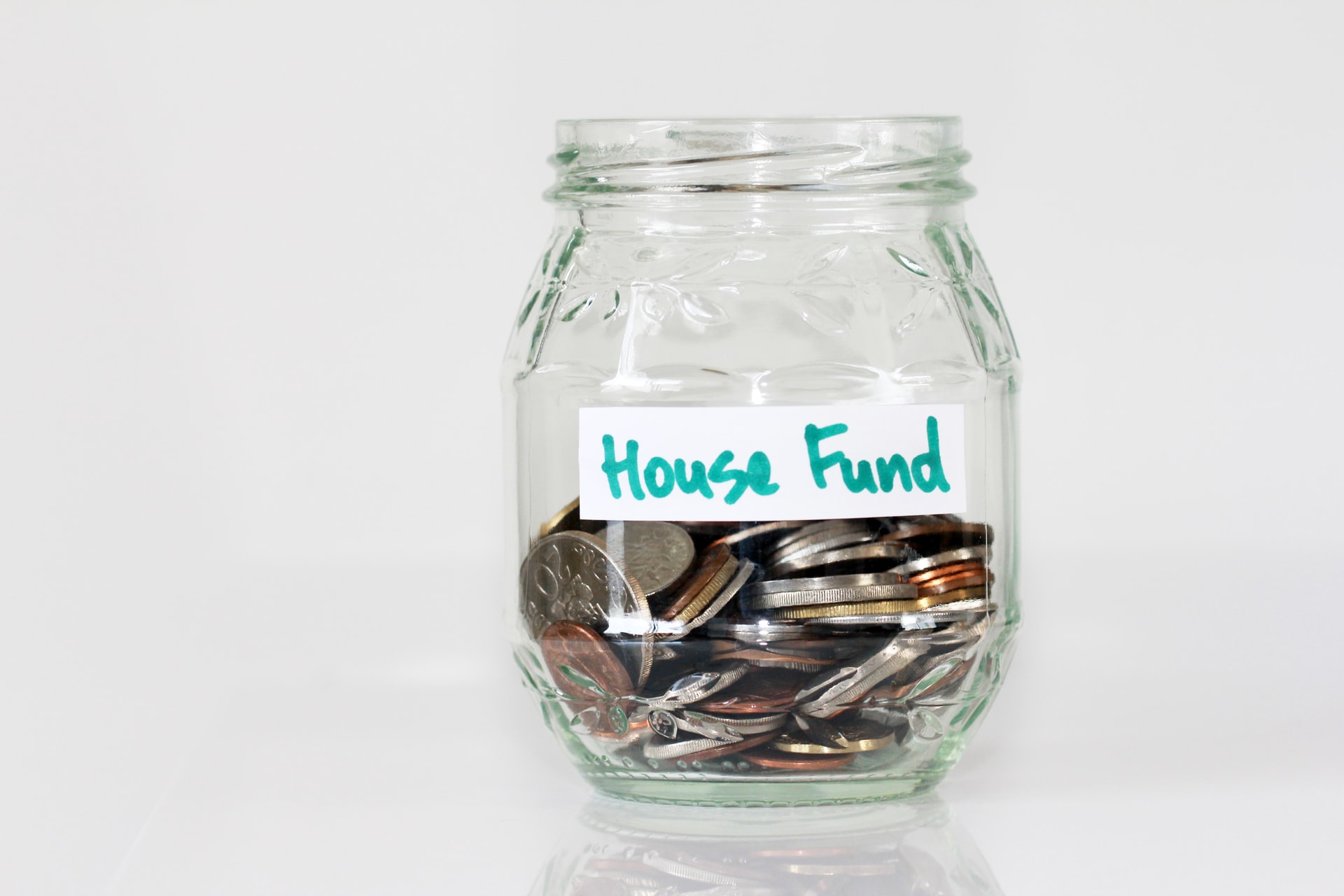Emergencies crop up every now and then and you may find that you need a lump sum, which you do not have lying idle in your bank account. In the absence of an identifiable contingency fund kept aside for such purposes,
there are two solutions available at your disposal – taking personal loans or using your personal savings.
So, here are the pros and cons of both using your savings and borrowing money at the time of an emergency to help you make the right decision…
[toc]What are the pros of using personal savings?
-
Eliminates interest
If you use saved up money during an emergency, or even for other purposes, like buying a house or a household appliance, you end up eliminating the burden of paying interest on the amount. Through your savings. you can make the entire payment in one go.
-
Enhances fiscal prudence
Loans have to be settled with the money you will earn in the future and this encourages careless spending habits. However, if you use your own savings, the setback of parting with your hard-earned money is harder. Thus, using savings will make you self-disciplined and help you learn to curb luxury and limit expenses to only what you can afford
-
Spending is stress-free
Spending from your pocket helps you prevent the prolonged tension and stress that comes with paying off a loan for years. People who are not good at managing their finances can easily fall into debt traps if they are not careful with their borrowing. Hence, it is best to spend what you can afford right now.
-
Credit scores become irrelevant
No matter what your credit history is if you are using your savings to fund a bill or make a purchase, your credit score becomes irrelevant and has no bearing on your capacity to spend. This is not the case with loans as most banks require borrowers to maintain high credit scores in order to be eligible for borrowing.
What are the cons of using personal savings?
-
Limits your affordability
One of the primary drawbacks of savings is that you can afford to only spend the amount which you have saved. In such a situation, a person will have to limit their wants, and they will be limited by the amount of their savings. Thus, if an emergency warrants higher spending, relying on savings will not be enough.
-
A long-drawn procedure
Very few people keep all their savings in their bank account and prefer to invest it in different forms, like shares, bonds, mutual funds, real estate, and gold. While these are safe investments, it usually takes a few days to access their liquidity when needed. Thus, if you need the amount urgently, digging into savings might not be the best idea.
-
Hampers future plans
If you’ve regularly been saving for years with a dream of buying a car or a house, it might become difficult for you to use your savings without hampering your long-term goals. In times like these, a loan might be better suited for your needs. It may cost you more, but you will still stay on track with your plans.
-
Discourages future saving
If you are forced to part with their savings in a single go, you might be dissuaded from starting from scratch again. You may begin to undermine the value of saving enough money and adopt reckless spending habits. This can make it harder to emerge from the setback.
What are the pros of taking a personal loan?
-
Less expensive in the long-run
A loan is costlier than using your savings in the current time, but in the long-term, your investments are likely to give you higher returns than the amount you end up paying as interest on the loan.
-
Instils financial discipline
Taking a debt demands discipline about efficiently managing the financial expenses, especially when it comes to investment and spending during the initial days until you earn enough to repay it. Thus, the positive side of a loan is that it aids in optimizing every single penny and helps the borrower lead a financially-disciplined life.
-
Multiple-purpose usage of personal loans
Most loans are sanctioned for specific uses such as purchasing a car or house, higher education, or starting a business. However, personal loans offer a variety of uses to their borrowers. They allow greater flexibility in spending as there are usually no limitations on how borrowers choose to spend their personal loan amount.
What are the cons of taking a personal loan?
-
Imposes the burden of EMI
Loans come with EMIs that must be paid over months or even years. In practice, this means that the impact of one big purchase is felt for as long as the loan is not repaid completely.
-
High barriers
Most banks and financial institutions ask their customers to submit collateral or securities against their loan amount. Furthermore, they also require that their borrowers have a high credit score. In the absence of either of them, taking a loan can be really challenging.
-
Interest rates can increase over time
Most banks and financial institutions revise their interest rates from time to time. Thus, you may end up paying a little more in interest on your existing loans than planned over the years.
-
Additional charges and penalties
Most banks and financial institutions levy charges like processing fees, prepayment charges, and late penalties on their customers. These can increase the overall cost of the loan and can become prohibitively higher for some customers.
-
Approval and disbursal
Most banks have a lengthy process to apply for a loan and have strict eligibility conditions. Moreover, there is no certainty on whether or not they will approve your entire loan amount. Then, the disbursal time for the loan also varies from bank-to-bank. To someone who requires money urgently, this can be a huge obstacle.
We hope that these points could help you weigh the advantages and disadvantages of personal savings and personal loans before you make your decision.


